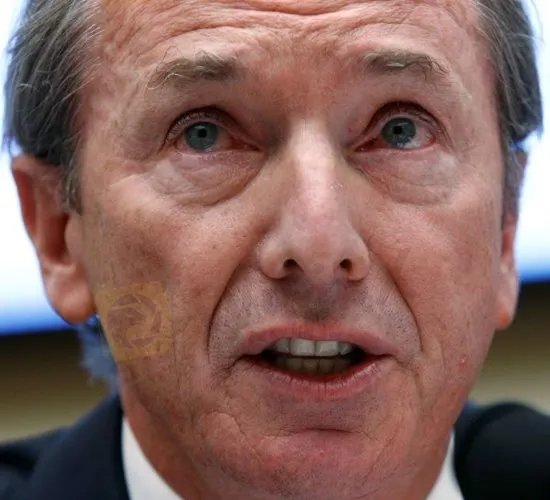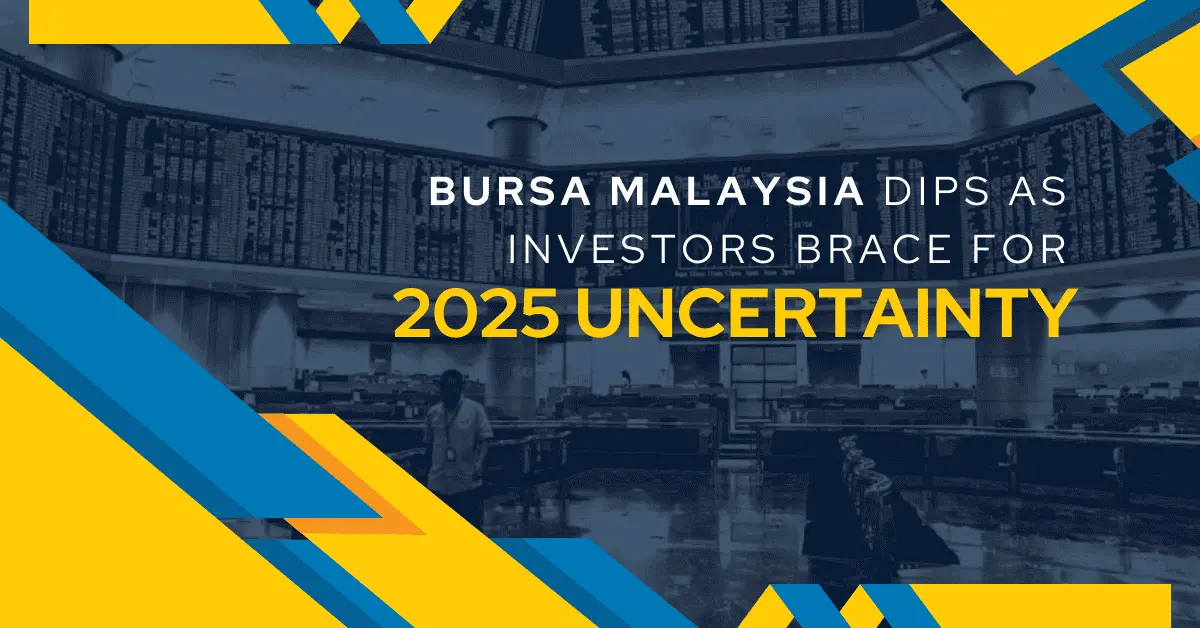简体中文
繁體中文
English
Pусский
日本語
ภาษาไทย
Tiếng Việt
Bahasa Indonesia
Español
हिन्दी
Filippiiniläinen
Français
Deutsch
Português
Türkçe
한국어
العربية
Morgan Stanley CEO Sees 50% Chance of US Recession
Abstract:There is a 50% chance the U.S. economy will enter a recession though any downturn is unlikely to be severe, Morgan Stanley CEO James Gorman said on Monday, warning of a "bumpy" ride ahead for investors.

There is a 50% chance the U.S. economy will enter a recession though any downturn is unlikely to be severe, Morgan Stanley CEO James Gorman said on Monday, warning of a “bumpy” ride ahead for investors.
“It's possible, probably 50-50 odds now,” Gorman told a conference hosted by the Wall Street bank, revising up his own forecast from last month when he told investors the likelihood of recession was less than 50%.
“It's going to be bumpy. People's 401(k) plans are going to be down this year,” he added, referring to U.S. retirement plans. “But we're unlikely at this stage to go into a deep or long recession.”
The benchmark S&P 500 looked set to confirm a bear market on Monday after falling more than 20% from its Jan. 3 record closing high due to growing investor fears of a potential recession.
Executives speaking at a Morgan Stanley financial industry conference said U.S. consumers and companies remain in good financial shape, which will help the economy bounce back from any contraction and insulate banks from the impact.
Bank of America Corp.'s Chief Financial Officer Alastair Borthwick earlier in the day said his bank's loan portfolio was not yet showing any signs of a looming recession.
“There's this question of what will happen in the future, and there's what are we seeing right now. And what we're seeing right now, credit is in great shape,” Borthwick said, when asked about asset quality.
Bank of America, the second-largest U.S. bank by assets, reported customer spending is up 9% this June compared to last year, while credit card balances remain lower than before the pandemic. Those are two signs that consumers are healthy and not “over-extended,” Borthwick said.
The bank's corporate clients continue to borrow, and credit quality in the travel, restaurant and hotel sectors is improving, he added.
“Across the board right now we're seeing reasonably good loan growth,” he said, adding growth was expected in the “high single digits.” For more forex news, please download WikiFX - the Global Dealer Regulatory Inquiry APP.
Borthwick's comments contrasted with those made by JPMorgan Chief Executive Jamie Dimon earlier this month.
Dimon said that inflation, the conflict in Ukraine and other challenges facing the economy were akin to a “hurricane” coming down the road.
Both Borthwick and Gorman described the investment banking environment as challenged, as fewer companies have gone public in the volatile market.
Borthwick warned Bank of America expects to report a $100-$150 million write down on its leveraged finance portfolio this quarter.
Disclaimer:
The views in this article only represent the author's personal views, and do not constitute investment advice on this platform. This platform does not guarantee the accuracy, completeness and timeliness of the information in the article, and will not be liable for any loss caused by the use of or reliance on the information in the article.
Read more

New Year, New Surge: Will Oil Prices Keep Rising?
As of the writing of this article (January 2), oil prices stand at $71.88 per barrel. Investors need to continue monitoring whether the supply and demand dynamics will continue to push prices further up.

Bursa Malaysia Dips as Investors Brace for 2025 Uncertainty
Bursa Malaysia saw a slight dip on the final trading day of the year as profit-taking and cautious sentiment dominated. The FBM KLCI declined 3.4 points to 1,634.28, with muted turnover of RM822.07 million due to year-end festivities. Blue-chip stocks, including Tenaga Nasional and Telekom Malaysia, experienced declines, while regional markets remained subdued amid global uncertainties. As 2024 approaches, investors remain cautious, balancing risks with potential opportunities.

Will the Fed Cut Rates in 2025? What to Expect
The Federal Reserve has implemented multiple interest rate cuts in 2024, bringing the rate to a range of 4.25%-4.5% by the end of the year. However, whether the Fed will continue cutting rates or shift to rate hikes in 2025 remains uncertain. The Fed's policy direction depends not only on economic data but also on internal adjustments, the policy direction of the new president, and other factors.

Will Inflation Slow Down in the New Year 2025?
Will inflation slow down in 2025? Experts weigh in on projections, economic policies, and potential impacts, offering insights into what the new year may hold.
WikiFX Broker
Latest News
Will Gold Break $2,625 Amid Fed Caution and Geopolitical Risks?
Vietnamese Police Bust $1.2 Million Crypto Fraud Case
WikiEXPO Global Expert Interview: Loretta Joseph——Unlock the forefront of digital finance
XTB Receives Licenses to Operate in Indonesia & UAE
SEBI Bans Big "Finfluencers for Misleading Investors"
WikiFX New Year Bash: Chance to Win 70 USDT
ECB Targets 2% Inflation as Medium-Term Goal
New Year, New Surge: Will Oil Prices Keep Rising?
Will Gold Shine Brighter in 2025?
WikiFX Review: Is HYCM still reliable in 2024?
Currency Calculator






